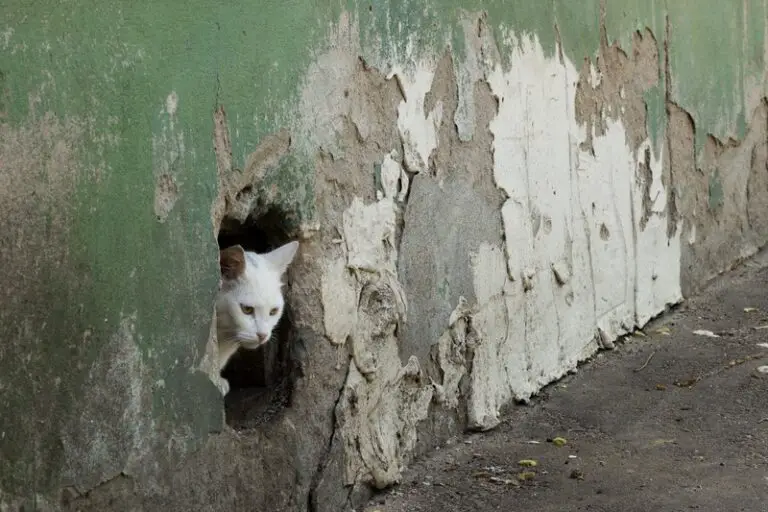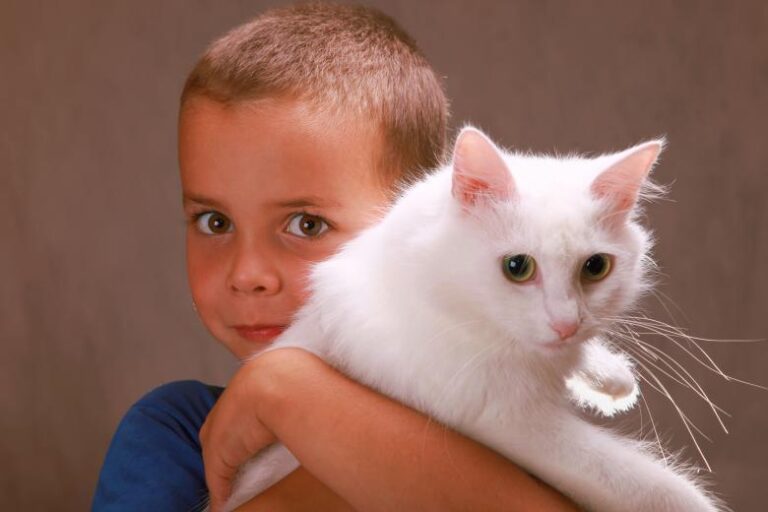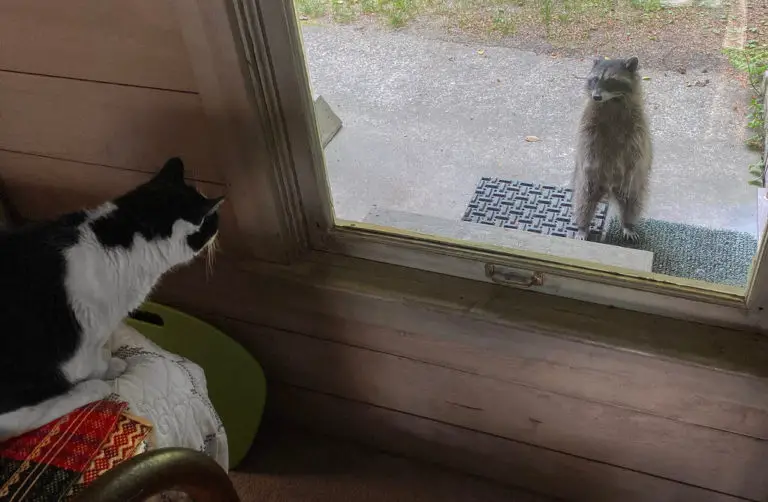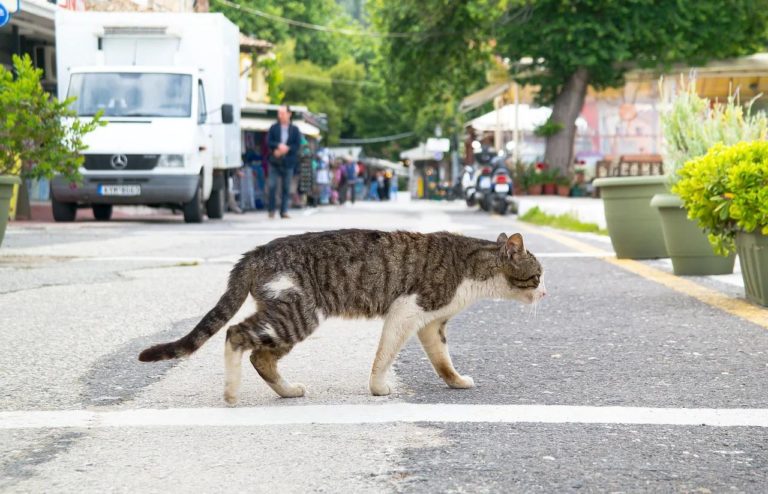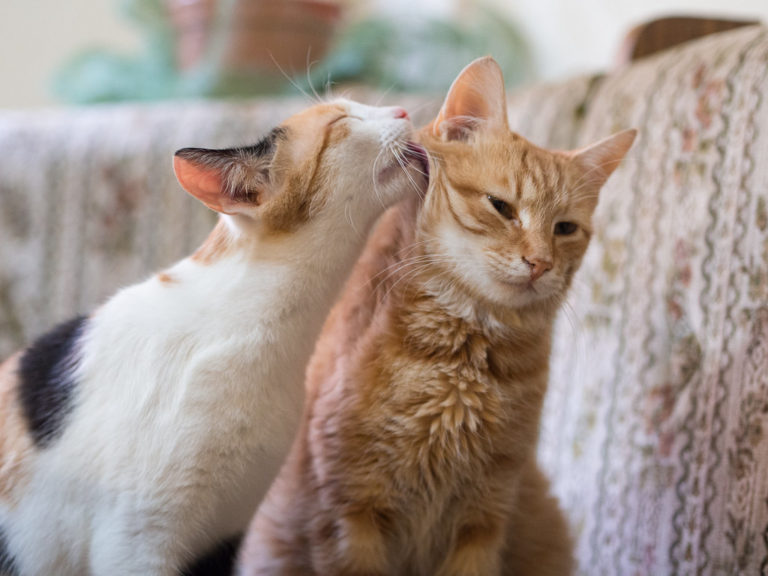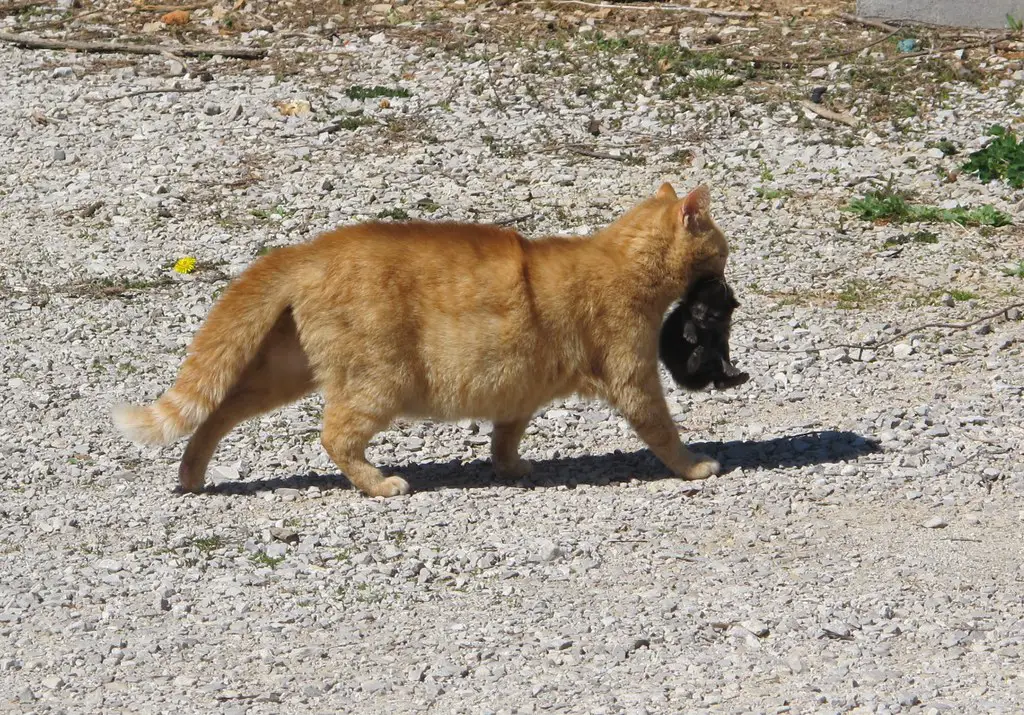
There are a number of reasons why your cat might be moving only one kitten. The most common is that the mother was unable to birth a litter because she was not pregnant, or had an undescended (or abdominally inverted) kitten.
Cat behaviorists have long been fascinated by the question of why a cat moves only one kitten from birth to nursing, and then leaves it behind. The answer to this mystery is that cats only move their kittens when it’s time for them to be weaned.
When a mother cat has given birth, she will leave her kittens in their nest so they can nurse. After they’ve nursed, she will let them go outside and explore. As they get older, they will start exploring more and more on their own until eventually they become independent enough that they can make an attempt at exploring without mommy around.
When kittens are born, they are helpless and unable to fend for themselves. They need human contact in order to thrive; if you leave them alone too soon after birth, they won’t survive very long!
If you wait too long before bringing them out, they may not have enough strength or coordination to explore independently yet and this may lead to health problems later on in life if not treated early on by a veterinarian.
If your cat is doing this on purpose, there may be something wrong with her emotional state; she may be grieving for a dead kitten and trying to move it to another place where it might be better off.
Why Is My Cat Moving Her Kittens Under My Bed?
Cats are very sensitive to their environment. They are constantly aware of what is going on around them and will react accordingly.
Cats are born with the instinct to move their kittens under their mother’s belly. The mother cat will carry her kittens in this position until they are able to fend for themselves. When the kittens are old enough, they will begin to move around on their own.
Cats have a very strong maternal instinct and will do whatever it takes to protect their young. If you notice that your cat is moving her kittens under your bed, she may be trying to keep them safe from predators or other animals that may attack them or eat them.
The mother cat also may be protecting them from getting lost in the house or being stepped on by accident.
If you have a new kitten in the house, you may notice that she wanders around your home under the bed or on top of the furniture where she can see you.
This behavior is common in kittens, but it will not last long. Kittens are curious and explore everything they see because they are learning about their world.
You can help your kitten learn by keeping things tidy around her, making sure that there is nothing that she can get into or eat, and keeping her out of dangerous places such as electrical cords or other animals’ territory.
Why Would a Mother Cat Leave One Kitten Behind?
There are many reasons why a mother cat might leave one kitten behind. The most common reason is that the mother cat was killed by a predator before she could return with the other kittens. This can happen if the mother cat is attacked by a dog or another animal.
Another reason is that the mother cat died from disease or illness before she could return with the other kittens. A third reason is that the father of the other kitten died before he could return with them and their mother.
Mother cats are known for their maternal instincts. They care for their kittens and teach them how to hunt, how to be a good pet and how to behave in the wild.
But sometimes mothers just can’t take care of all their offspring. In fact, it’s not uncommon for a mother cat to leave behind one or two of her kittens because she can’t feed them all.
This may seem heartless on the part of the mother cat but it’s actually one of her most important jobs: ensuring that her kittens survive and thrive in the world around them.
The mother cat knows that she has already given birth once; she is already bonded with her pups and will do anything in her power to keep them safe. However, sometimes there simply isn’t enough food available to feed all the kittens at once.
It’s not unusual for mothers who have litters of five or six kittens at once to be forced into this situation: they may have eaten some poor little kitten while they had time to save others!
How Do You Know if Your Mother Cat Is Rejecting Her Kittens?
Your mother cat is not rejecting her kittens if she keeps them close to her and brings them food. The fact that she does not move them away from the nest indicates that she wants them to be there. The mother cat may also seem to ignore her kittens when they cry, but this is normal as well.
If your mother cat keeps the kittens in close proximity, but doesn’t bring food, then try offering some canned cat food or a wet or dry kibble. This will help them get used to your smell before they are ready for solid food.
The mother cat’s rejection of her kittens can be a very difficult and painful experience. It is important to remember that the mother cat is not rejecting her kittens because they are bad. She is rejecting them because she did not want them and has no maternal instinct.
The first step in finding out if your mother cat is rejecting her kittens is to try to get her to nurse them as soon as possible.
The sooner you can get them latched on, the better chance they have at surviving in the wild. The next step is to watch how much time she spends with each kitten and note any changes in behavior or appearance.
If she seems unhappy with one or more of them, this could be an indication that something is wrong with that kitten or kitty!
Should I Let My Cat Move Her Kittens?
Yes. Cats need to move their kittens so that they are well-fed and grow up healthy. If you want your cat to keep her kittens in a confined space, then you should let her do that. It is not good for the health of the kitten if it stays inside too much or if it moves from place to place too much.
If you want your cat to move her kittens out of the house and let them run around outside, then you can let her do that as well. Your cat will be more relaxed if she is able to play with her kittens without worrying about hurting them or getting into trouble with humans or other animals.
The best thing you can do for your cat is to let her move her kittens. Cats are very maternal, and will often keep their kittens with them for a few weeks after they’re born, even after they’re old enough to fend for themselves. If you have several cats, it’s quite common for one or more of them to move their kittens around between litters.
If your cat has just had a litter of kittens, she may be feeling insecure about the situation and might feel that she needs to protect them from predators or other dangers. This is especially true if there have been problems with litter boxes in the past or if there have been any human intervention in the birth process (such as using a heat lamp or incubator).
There are many benefits to letting your cat move her kittens. You’ll be helping her feel secure and confident again in her ability to care for her young. She’ll also get some much needed exercise moving them around on her own terms instead of having someone else do it for her.

![Cats Move Their Eyes Can Cats Move Their Eyes? [Cat Vision Explained]](https://kitteria.com/wp-content/uploads/2022/07/Cats-Move-Their-Eyes-768x512.jpg)
